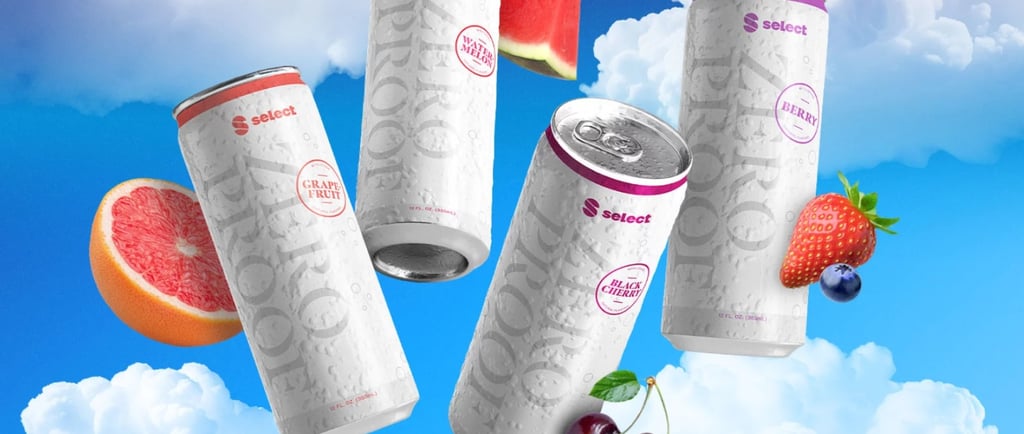Medical Marijuana Giants Move into Florida’s Loosely Regulated Hemp Market
With Florida’s hemp industry booming and largely unregulated, major cannabis players like Curaleaf and Trulieve are entering the space to expand their reach—offering THC-infused drinks and edibles without the strict rules of medical marijuana programs.
CANNABIS & HEALTH
7/18/20252 min read


Florida Marijuana Companies Are Embracing the Hemp Market—Here’s Why
Florida’s medical marijuana industry is one of the most tightly regulated in the country. Yet, some of the state's biggest cannabis operators are now eyeing a new frontier: the hemp market.
This spring, Curaleaf, one of Florida’s largest medical marijuana providers, launched The Hemp Co.—a new venture focused entirely on hemp-derived products. One of its dispensaries in West Palm Beach was fully converted into a hemp-only retail store, offering THC-infused beverages and gummies without the need for a medical marijuana card.
Why the shift?
Setting up a medical cannabis operation in Florida is expensive and highly regulated. Licenses cost over $1 million to renew every two years, and companies must grow, process, and sell their own products without third-party help. Patients must be registered and obtain a doctor’s approval.
In contrast, hemp retailers pay just $650 per year per location and operate with minimal oversight. Customers can walk into a store or even a liquor shop and purchase hemp-derived THC products—some of which are more intoxicating than what’s available in licensed dispensaries—no doctor required.
“It’s much more acceptable to the U.S. consumer … because we love beverages,” said Barnaby Hawken, SVP of Curaleaf Hemp. Their fruity, THC-infused drinks are now sold in chains like Total Wine & More.
As the popularity of these products grows, other big players like Trulieve are also jumping in. The shift comes at a time when the value of medical marijuana licenses is dropping, and the failure of the 2024 recreational marijuana amendment has shaken investor confidence.
Even Governor Ron DeSantis, a vocal opponent of recreational marijuana, vetoed legislation in 2023 that sought to impose stricter rules on hemp retailers. Despite concerns from Florida’s Agriculture Commissioner, who warned that many hemp products are “far more potent than medical marijuana,” lawmakers have yet to act.
Industry insiders say companies are now forced to adapt.
“If we can’t beat them, we’re going to join them,” said cannabis attorney Paula Savchenko. “It’s a smart move—it builds brand awareness and captures a larger consumer base.”
With 22 new medical marijuana licenses on hold due to legal battles and hemp shops popping up across the state, cannabis investors are closely watching the market shift. Some are even reconsidering whether a hemp-based model is a more efficient entry point into Florida's cannabis economy.
As the lines between hemp and marijuana continue to blur, Florida's cannabis landscape is evolving fast—and the next few years may completely reshape how, and where, consumers access THC.
Get in touch
Contacts
754-346-4421
book@drboorstein.com
